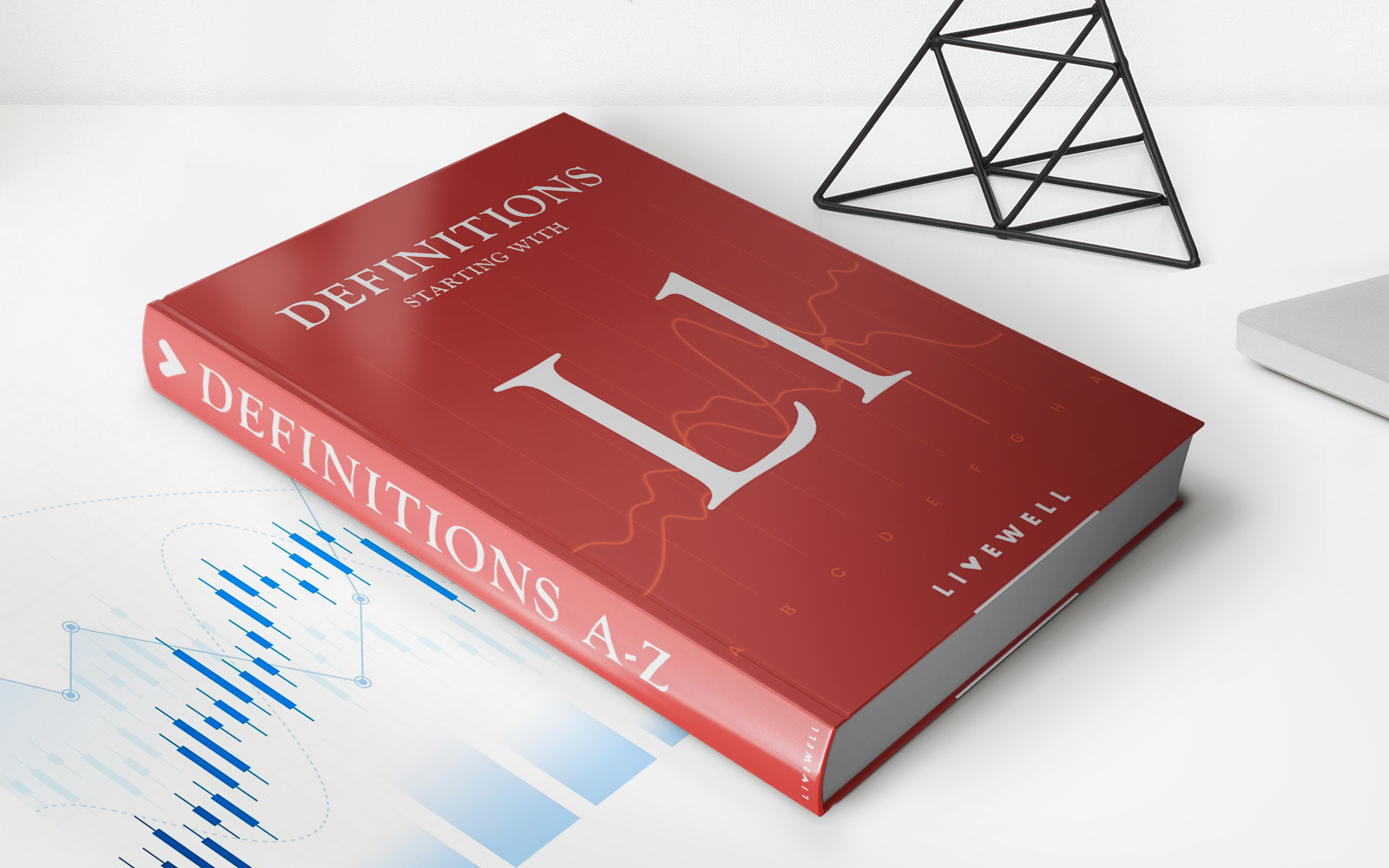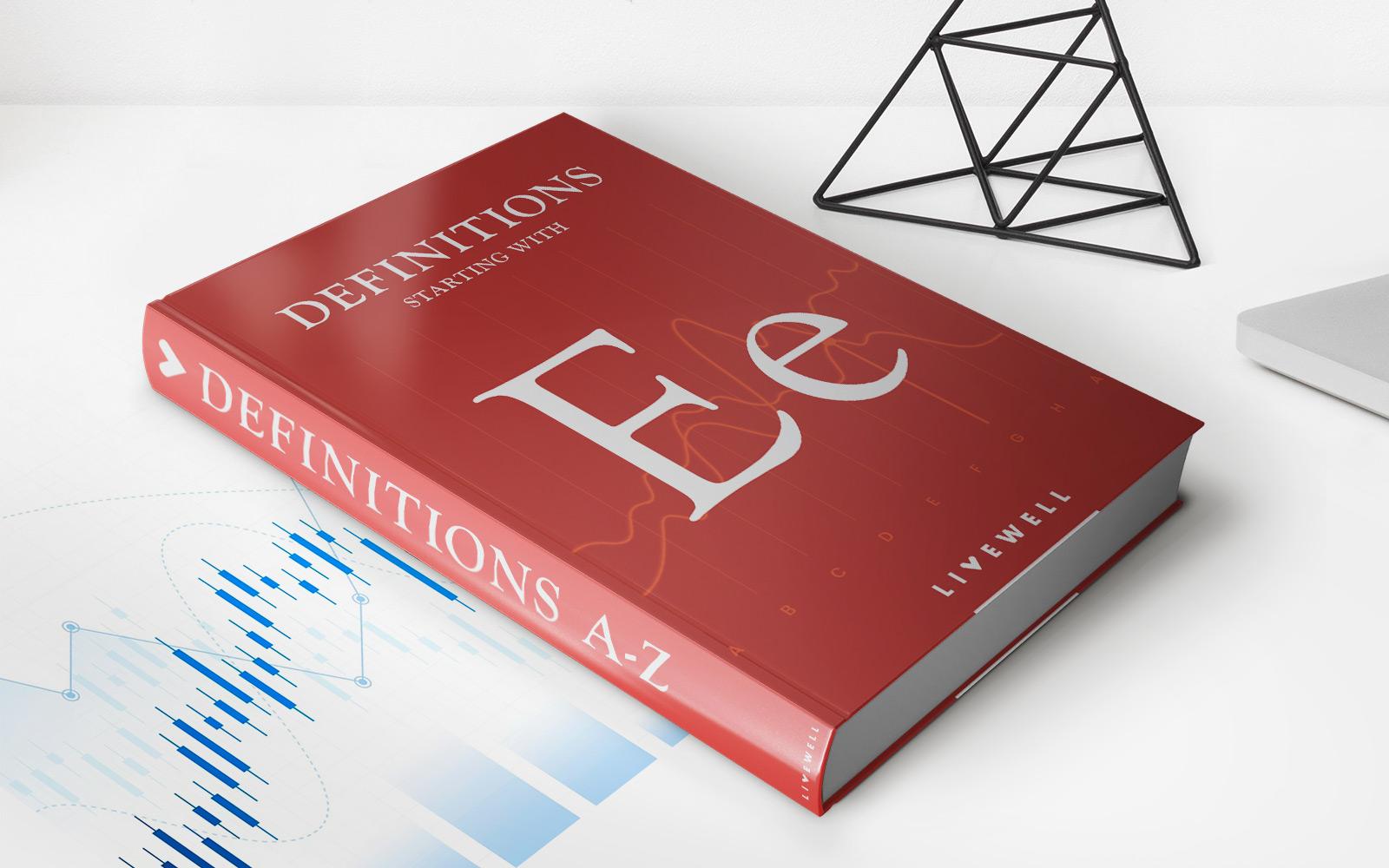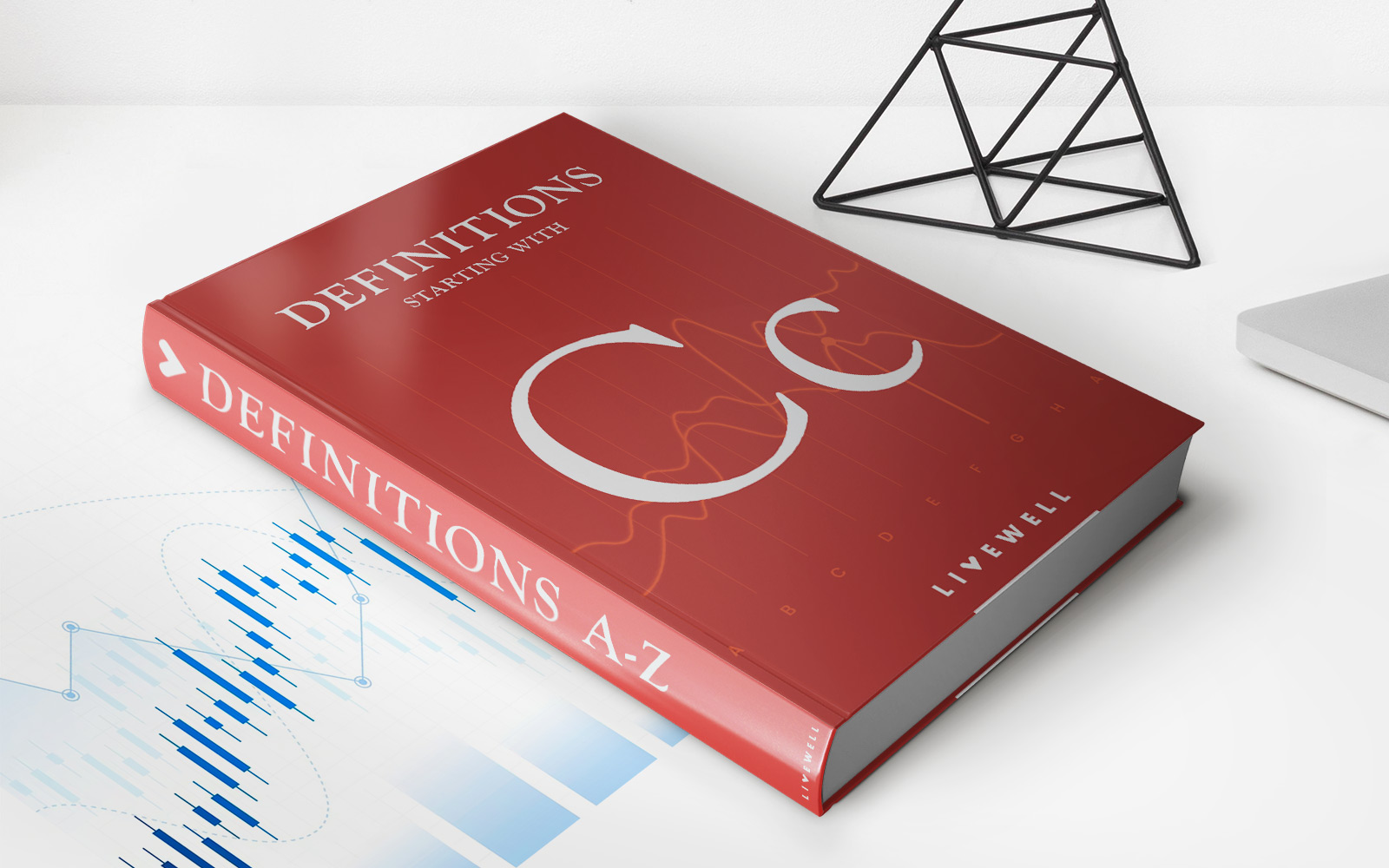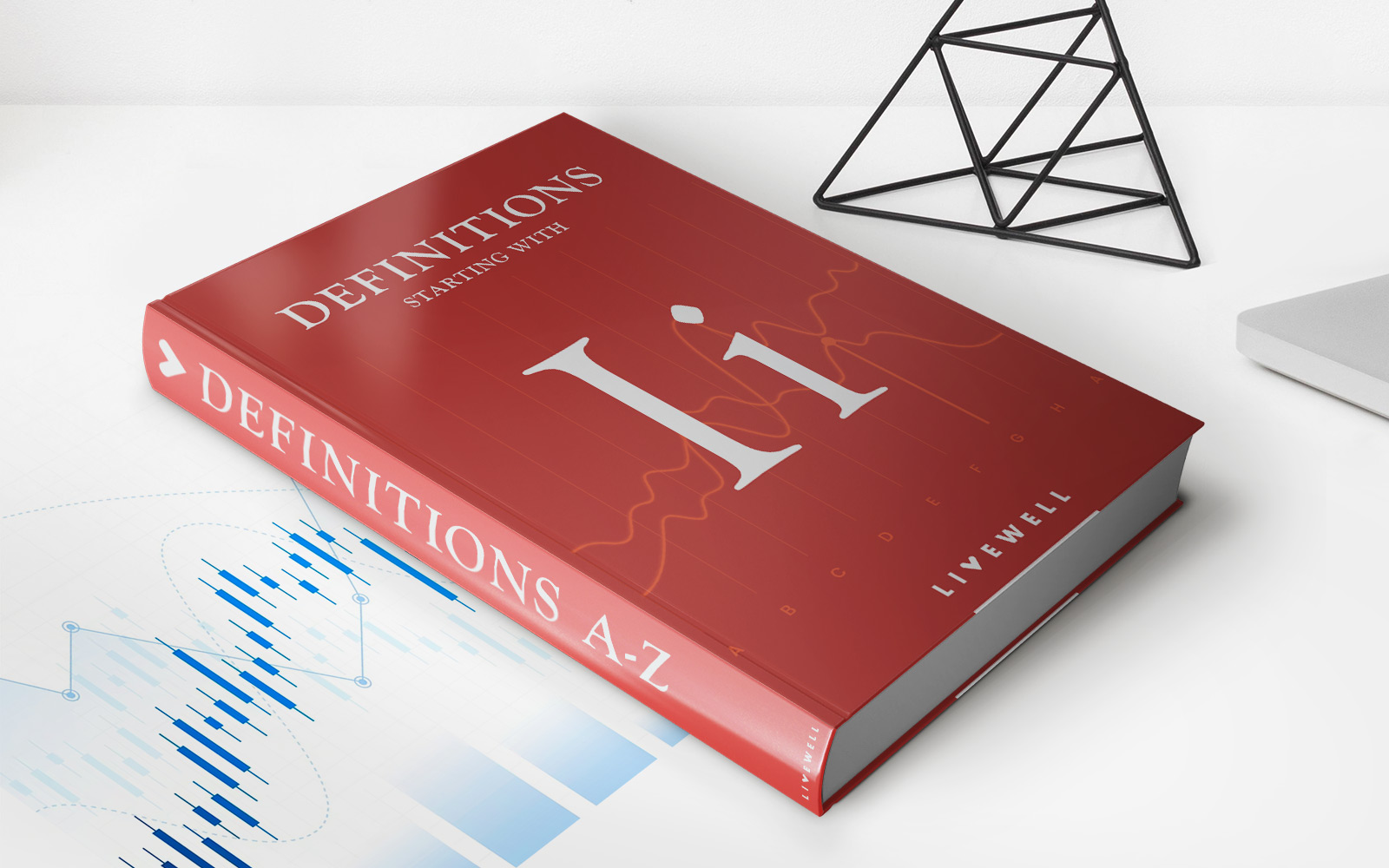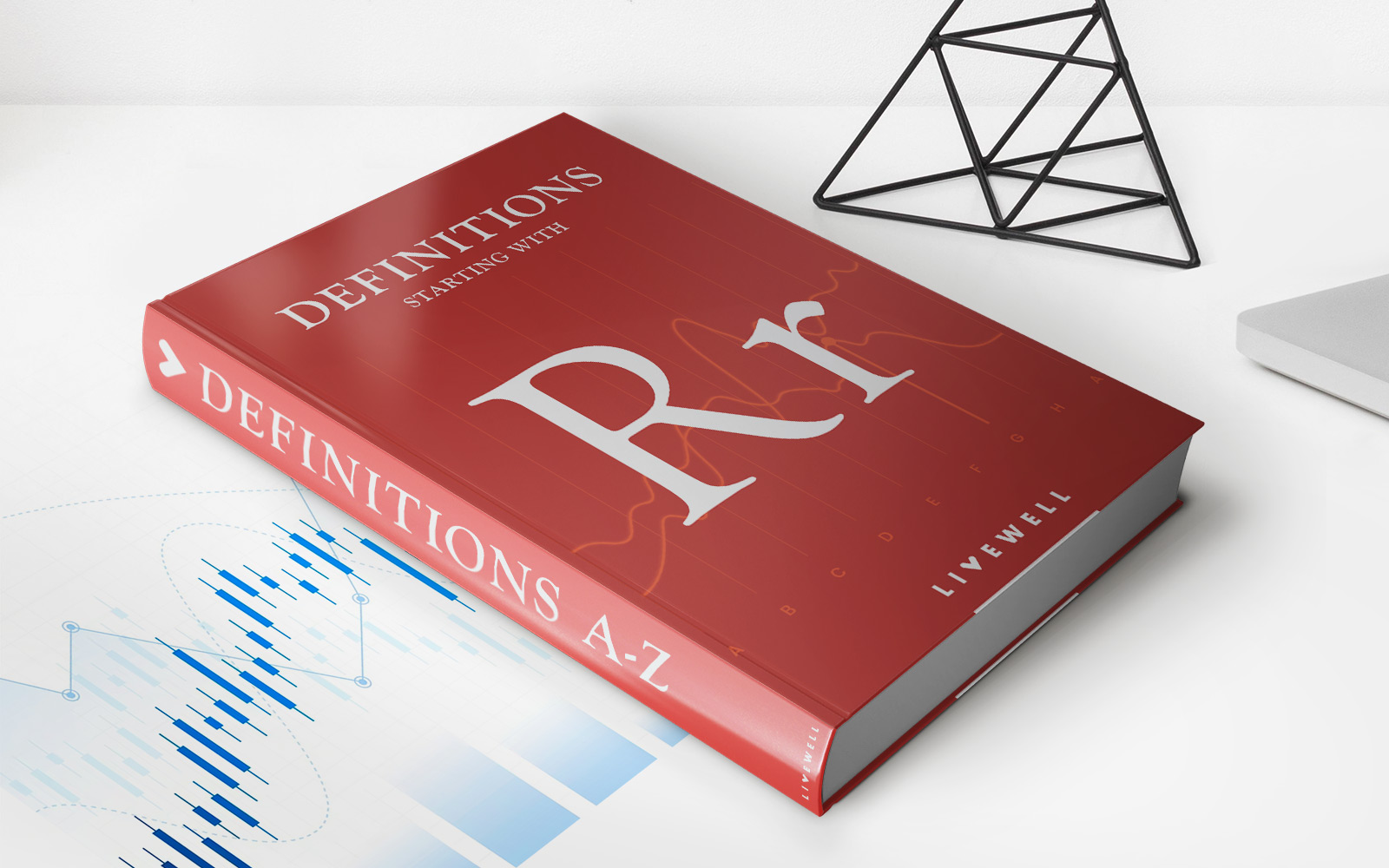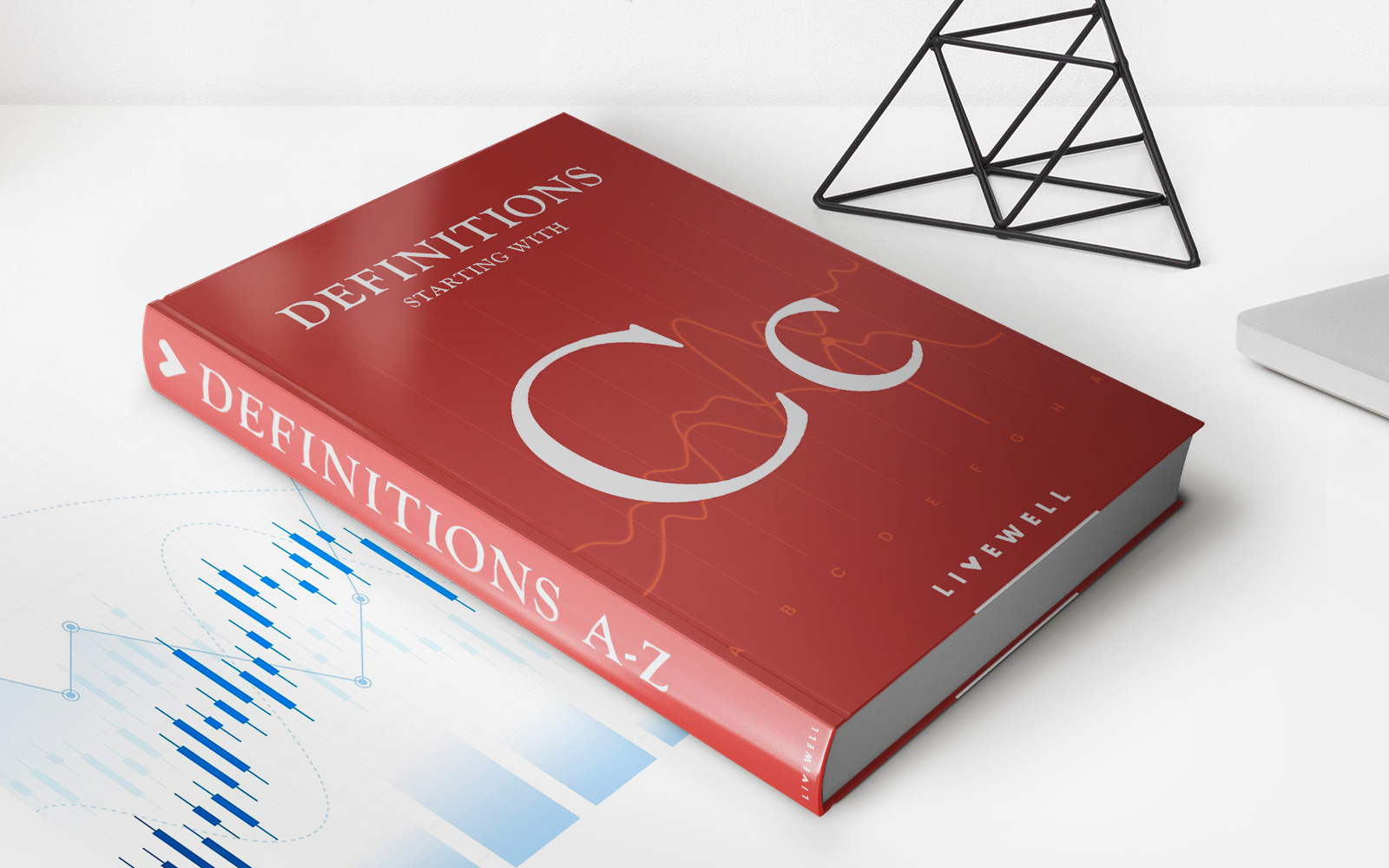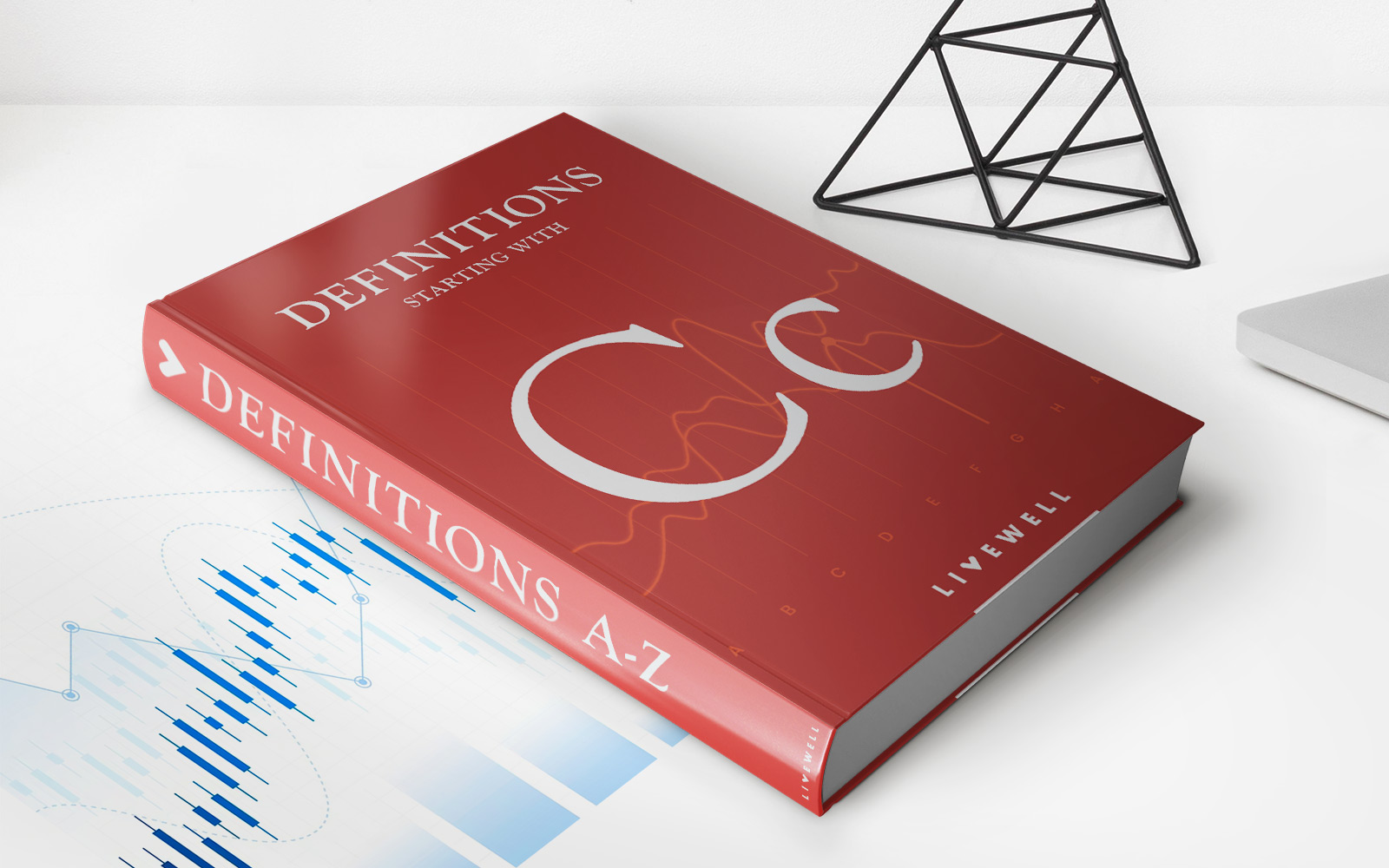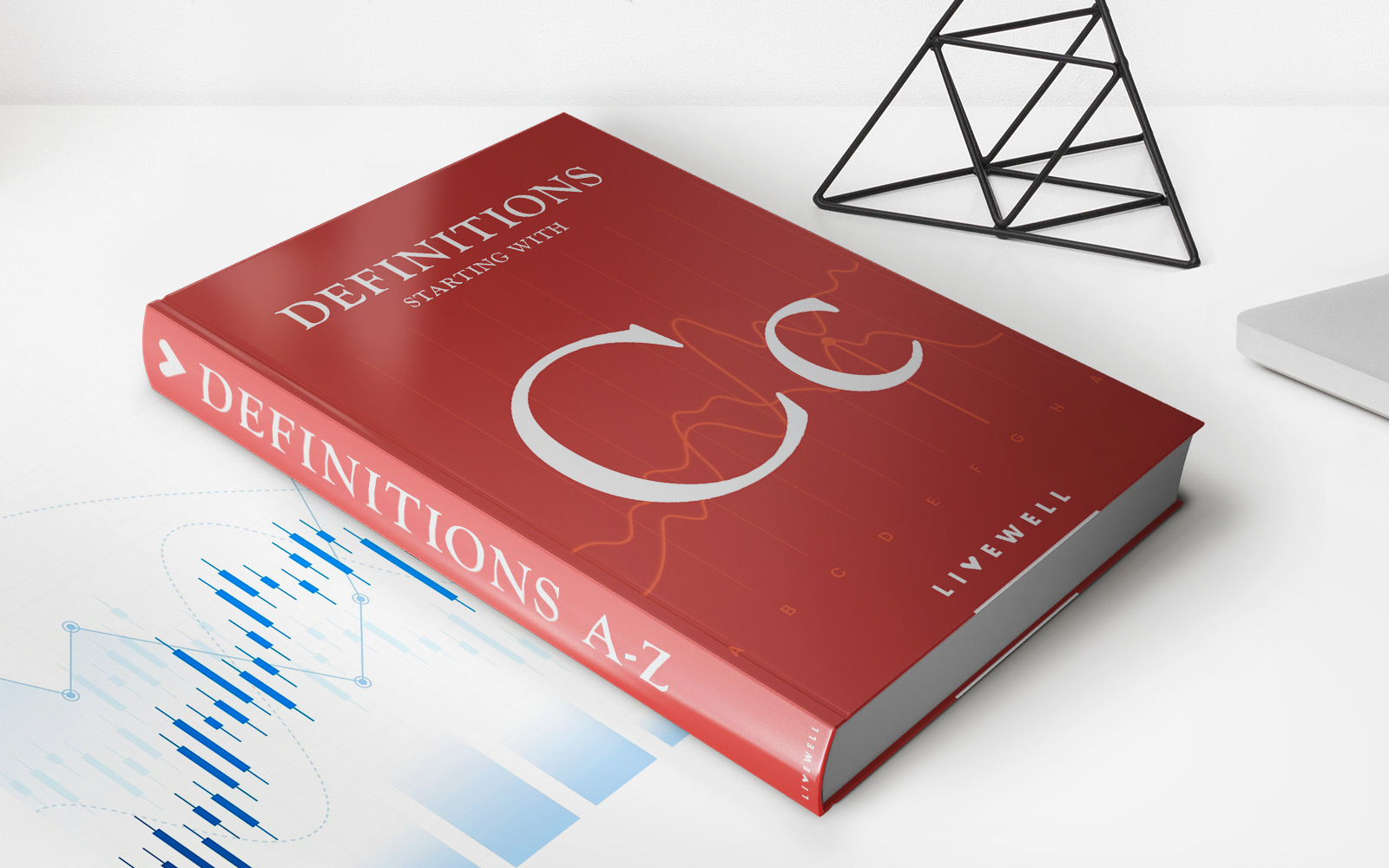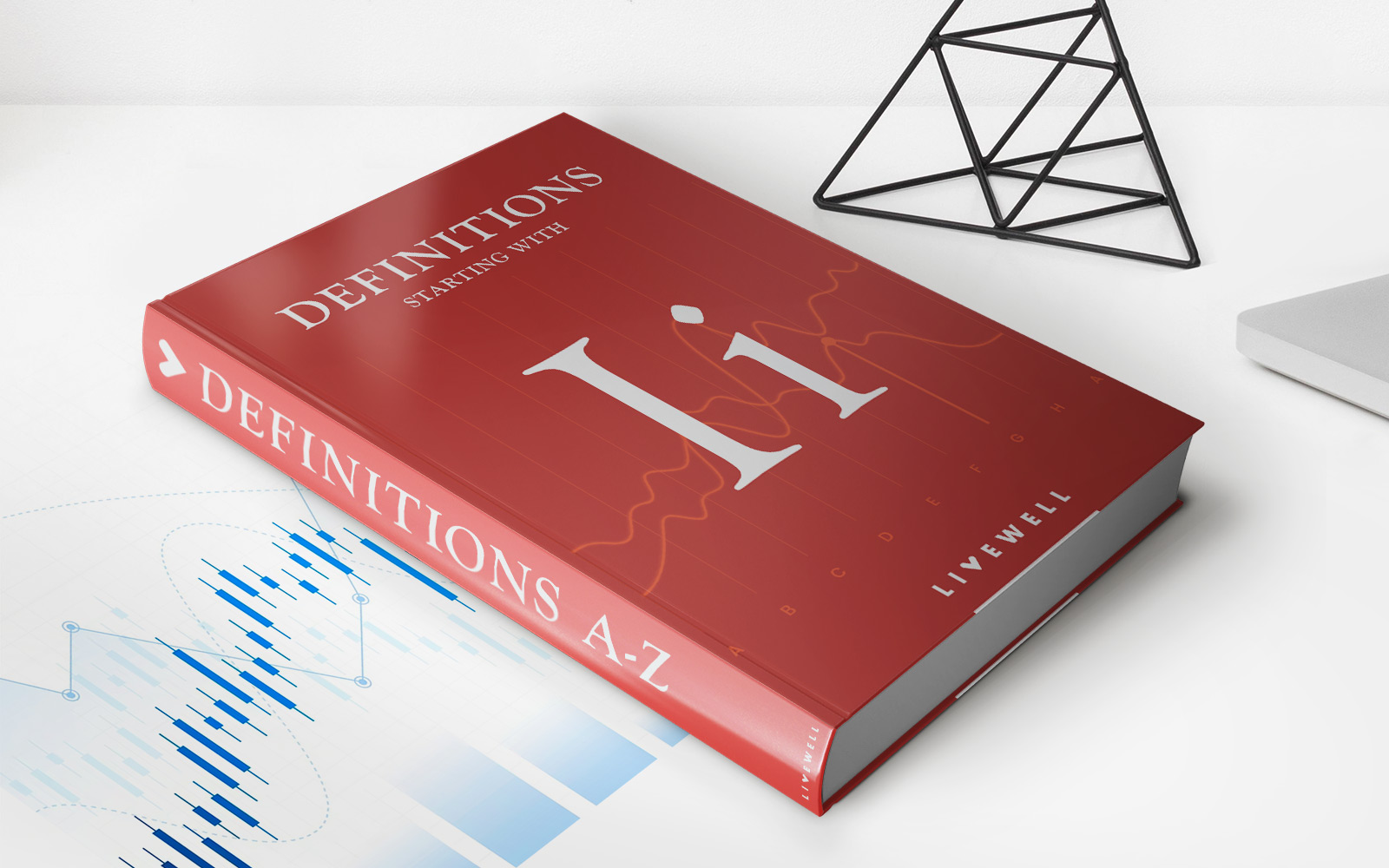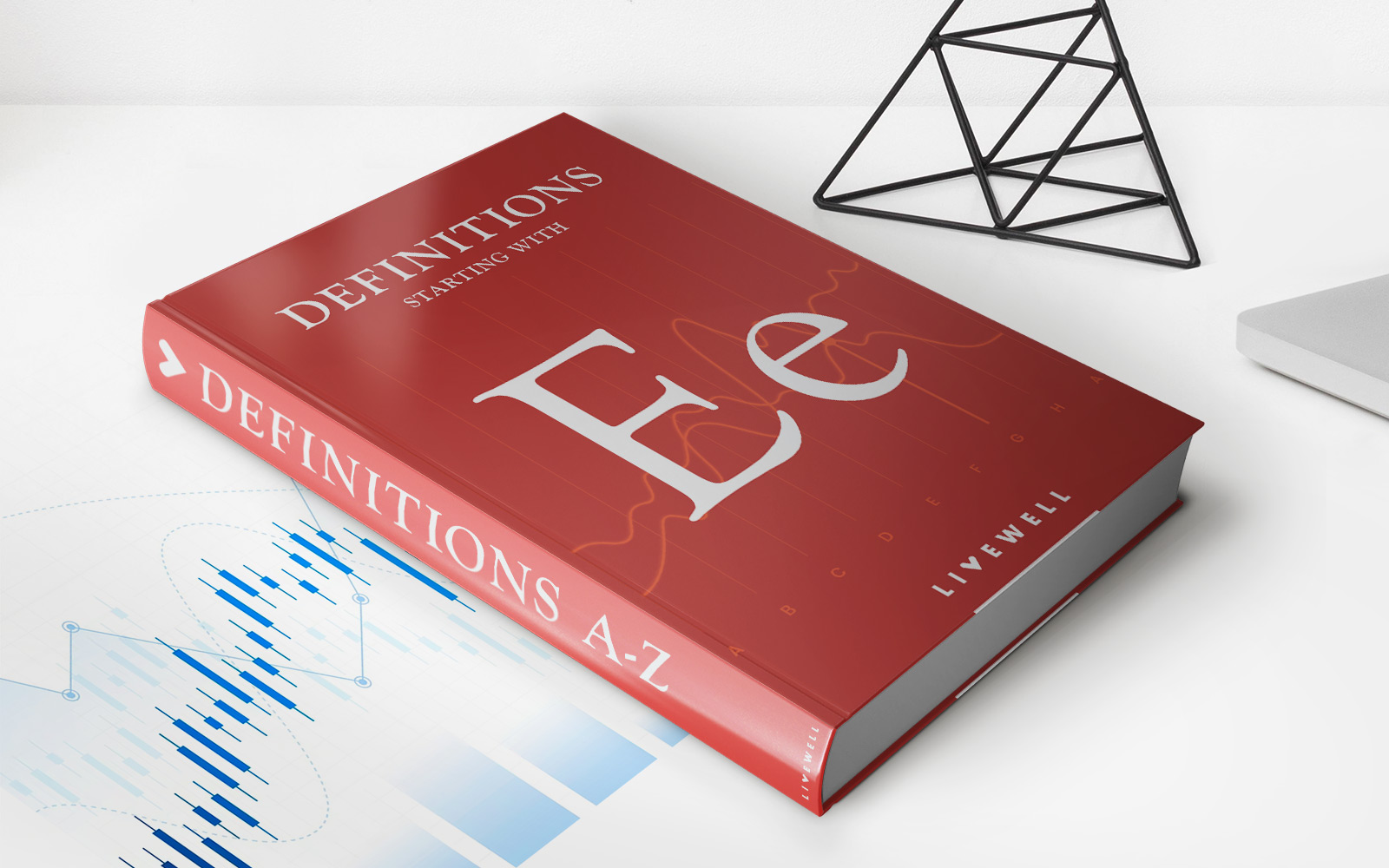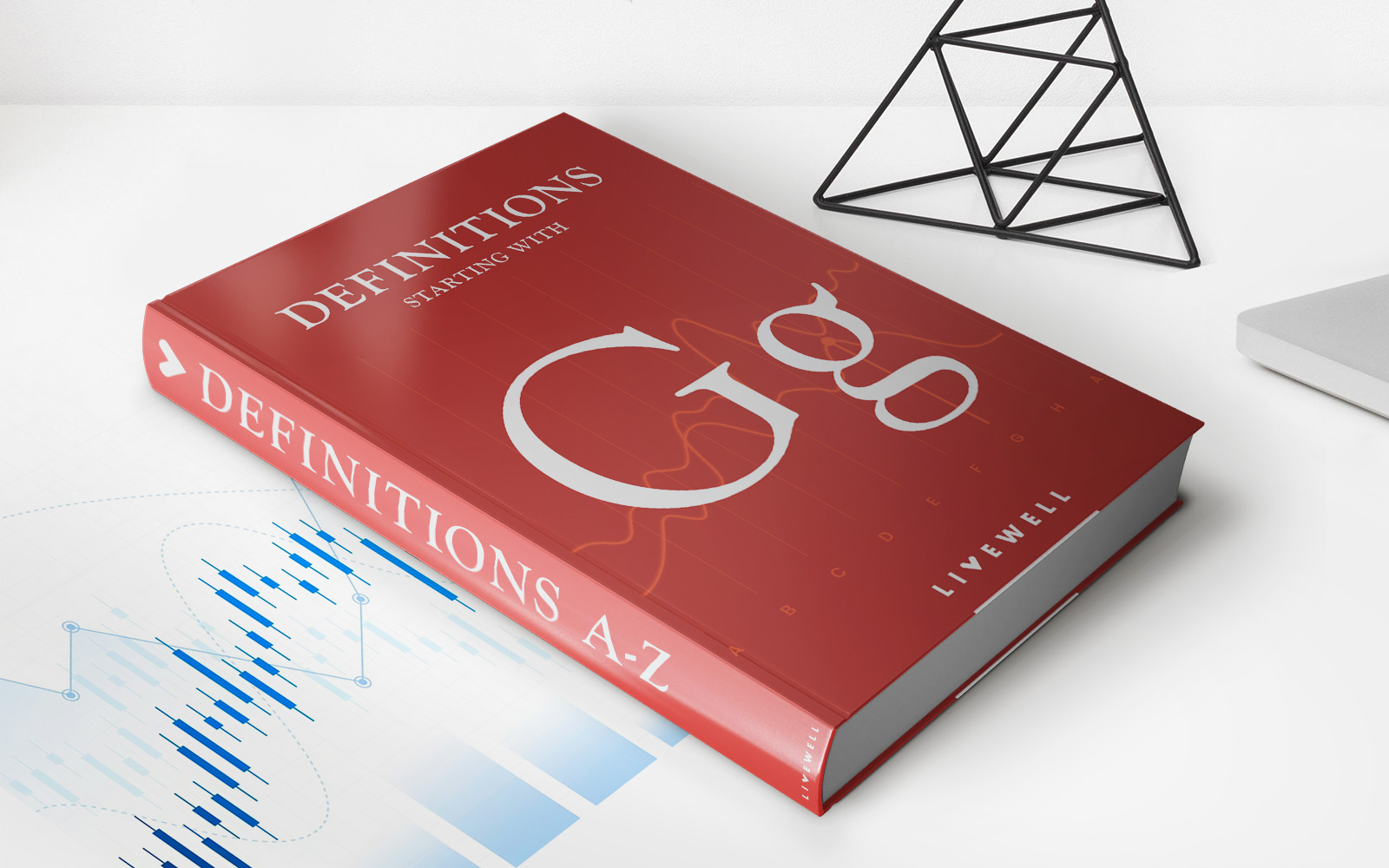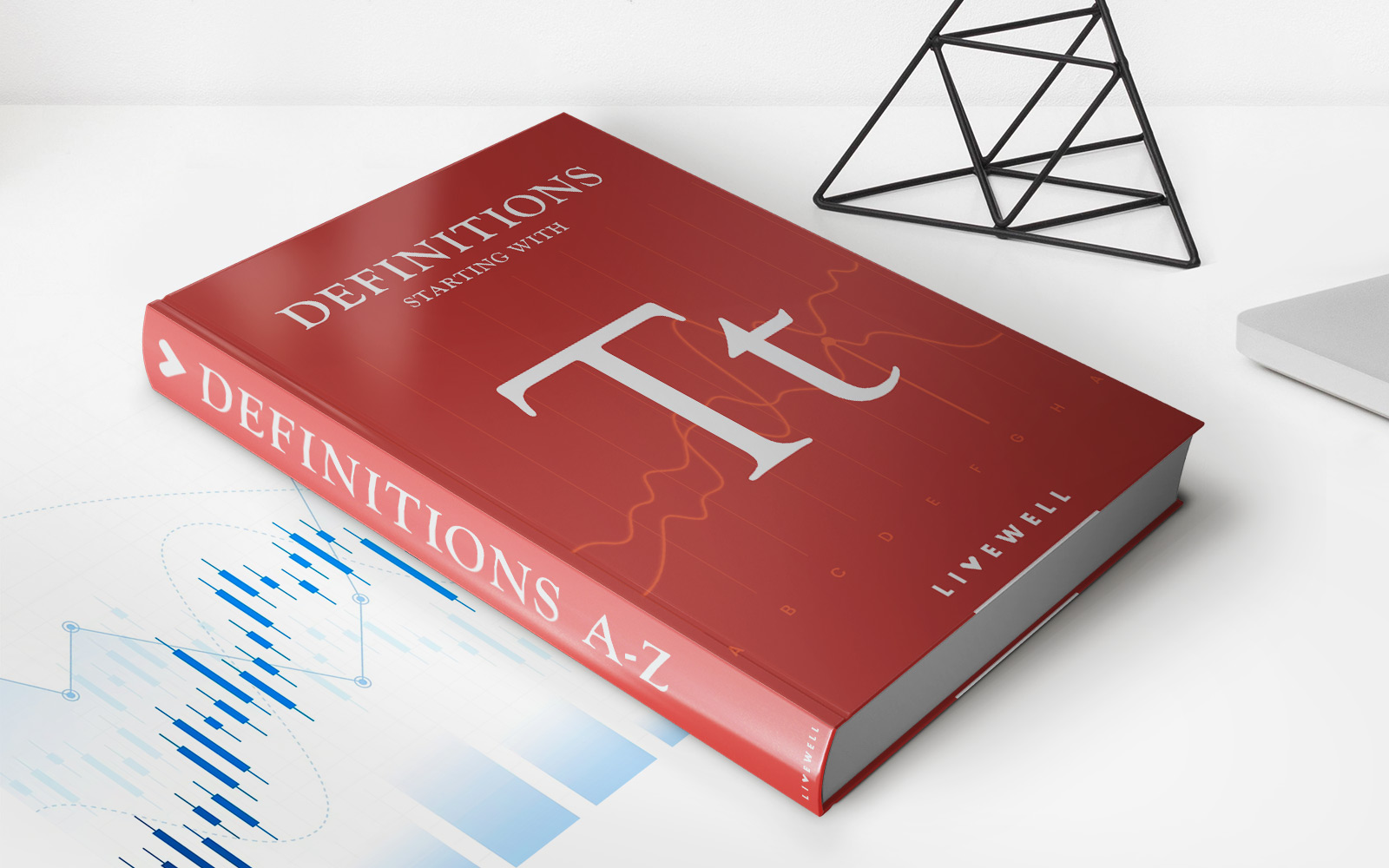Home>Finance>Recursive Competitive Equilibrium (RCE) Definition
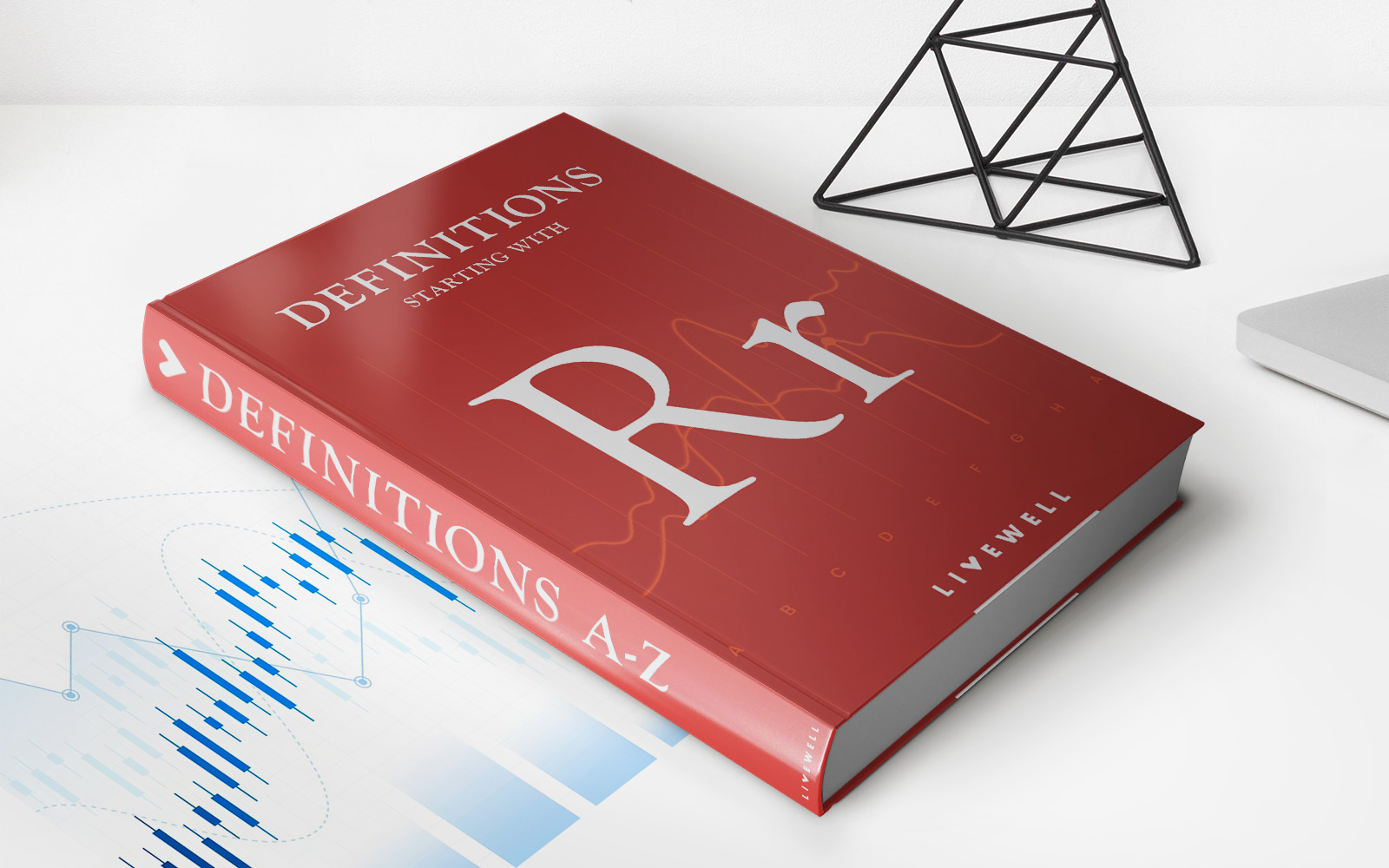

Finance
Recursive Competitive Equilibrium (RCE) Definition
Published: January 17, 2024
Learn the definition of Recursive Competitive Equilibrium (RCE) in finance and gain insights into its role in financial markets and economic models.
(Many of the links in this article redirect to a specific reviewed product. Your purchase of these products through affiliate links helps to generate commission for LiveWell, at no extra cost. Learn more)
Understanding Recursive Competitive Equilibrium (RCE) in Finance
Finance is a vast field with numerous concepts and theories that shape the way we understand and navigate the economic landscape. One such concept that plays a crucial role in finance is the Recursive Competitive Equilibrium (RCE). In this blog post, we will delve into the definition and implications of RCE, shedding light on its significance in the world of finance.
Key Takeaways:
- RCE is a foundational concept used to analyze economic behavior in competitive markets.
- It takes into account the interaction between agents’ decisions and the resulting outcomes, forming a dynamic equilibrium.
An Introduction to Recursive Competitive Equilibrium
At its core, Recursive Competitive Equilibrium is a concept in economics that describes a state in which economic agents, such as consumers, firms, and investors, make optimal decisions based on the information available to them. This equilibrates the market, ensuring that demand meets supply and prices are determined efficiently.
RCE extends the well-known concept of General Equilibrium Theory by incorporating the element of time and dynamics. It recognizes that economic decisions are not made in isolation but rather interdependently, affecting other agents’ behavior and market conditions. This interconnectedness introduces a feedback loop, where current decisions impact future outcomes, and vice versa.
In a Recursive Competitive Equilibrium, the goal is to find a set of strategies for all agents, such as consumption, production, and investment decisions, that maximize their utility or profits, while also taking into account the anticipated future consequences of their actions. This iterative process results in a dynamic equilibrium, ensuring that the market operates efficiently and resources are allocated optimally.
The RCE framework is particularly useful in analyzing complex financial markets, where multiple agents interact and prices fluctuate over time. It helps us understand the behavior of investors, the impact of regulatory policies, and the stability of financial systems.
Implications of Recursive Competitive Equilibrium
Embracing the concept of Recursive Competitive Equilibrium has several implications for investors, policymakers, and researchers in the field of finance. Here are some key takeaways:
- Efficient Market Analysis: RCE provides a powerful framework for analyzing the efficiency of financial markets. By considering recursive interactions between agents, it helps identify factors that may disrupt the equilibrium and lead to market inefficiencies.
- Portfolio Optimization: The RCE approach is instrumental in portfolio optimization by considering dynamic interactions between various assets. It assists investors in determining optimal investment strategies by incorporating future expectations into their decision-making process.
- Policy Design: Policymakers can use the insights gained from RCE analysis to design regulations and interventions that minimize market distortions, promote fair competition, and enhance overall market stability.
- Financial Stability: Understanding RCE is crucial for assessing the stability of financial systems. By considering the feedback loops and interconnectedness of agents and markets, it helps identify vulnerabilities and potential systemic risks.
In conclusion, Recursive Competitive Equilibrium is a foundational concept in finance that allows us to understand how markets operate dynamically and efficiently. By considering the recursive interactions between economic agents, RCE provides valuable insights into market behaviors, investment strategies, and policy design. Embracing this concept can lead to better decision-making and a deeper understanding of the complex financial world we live in.
